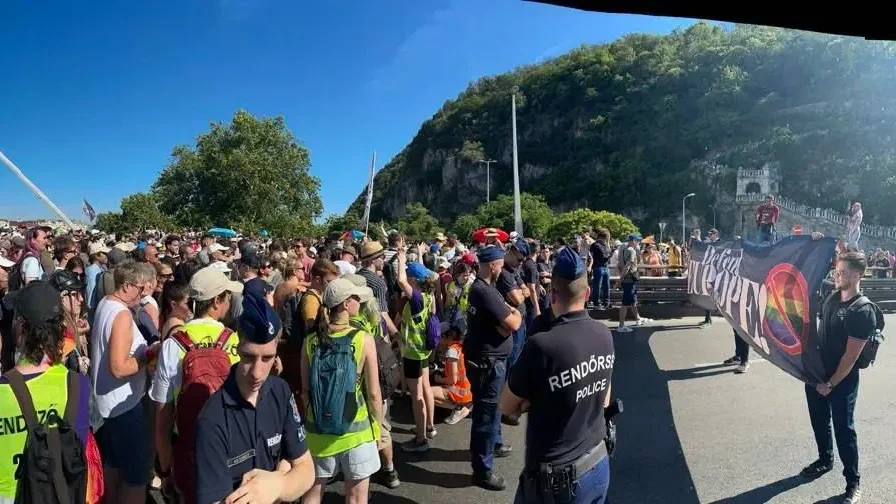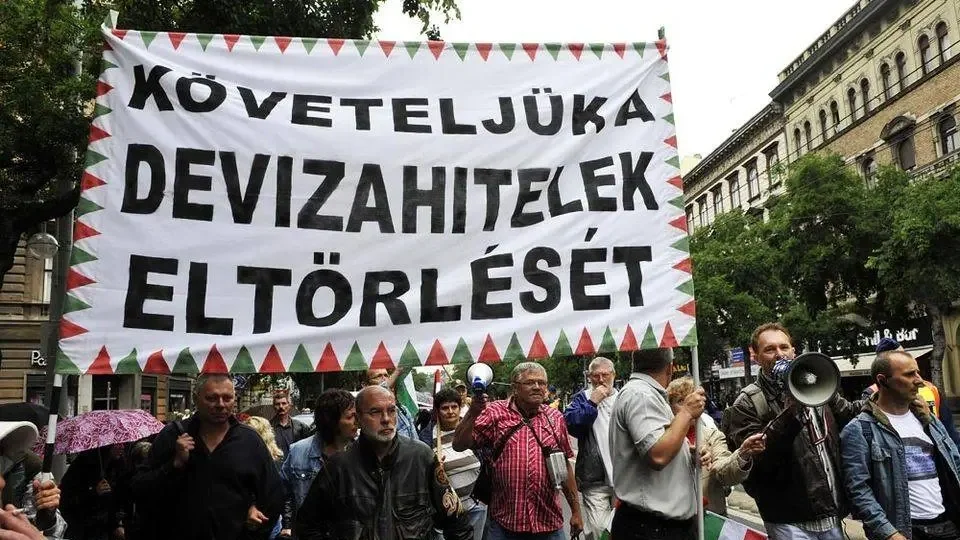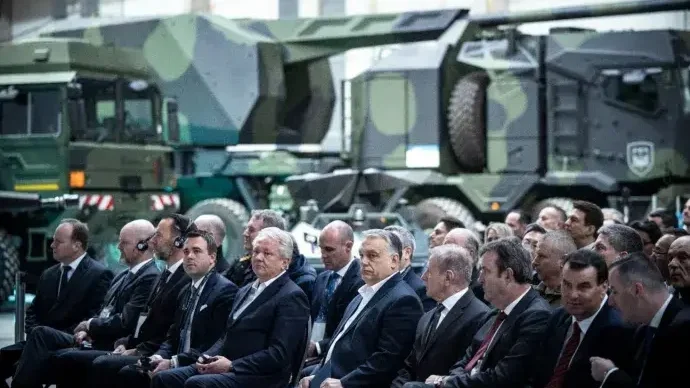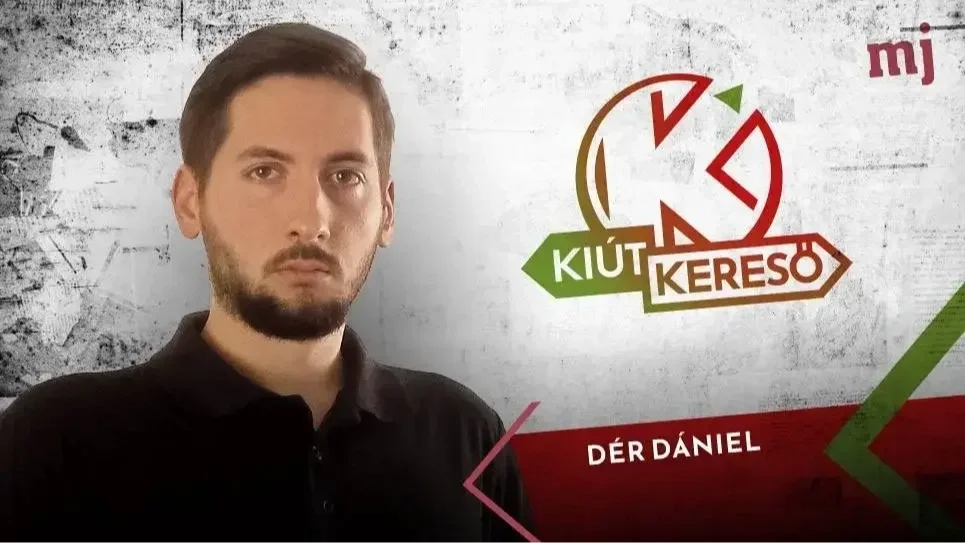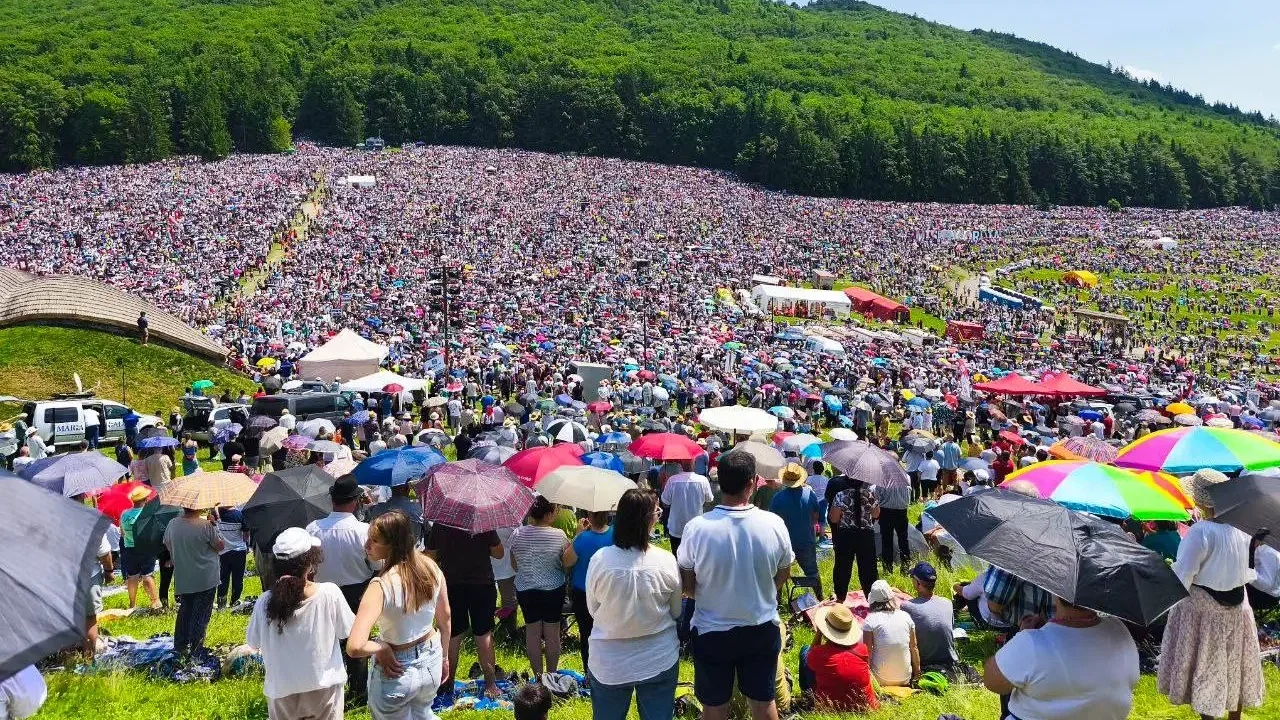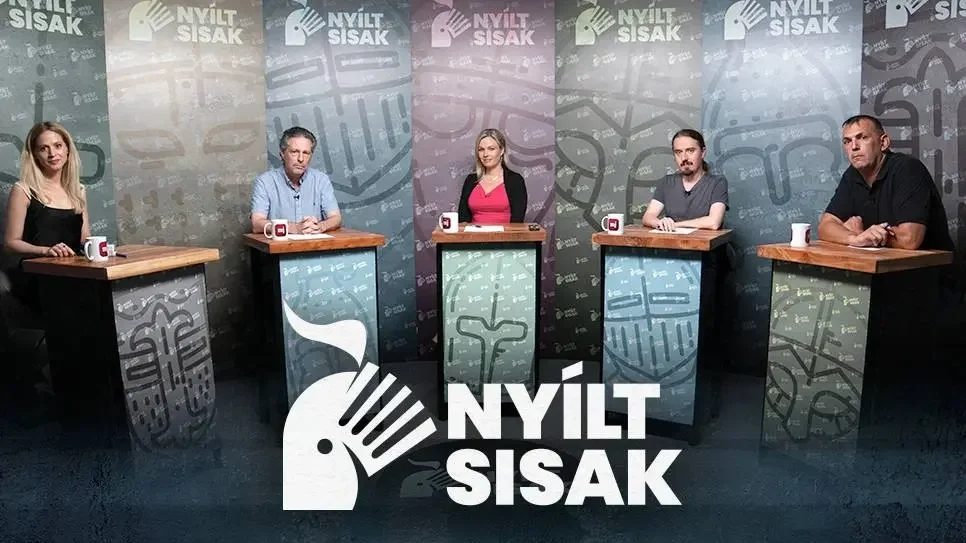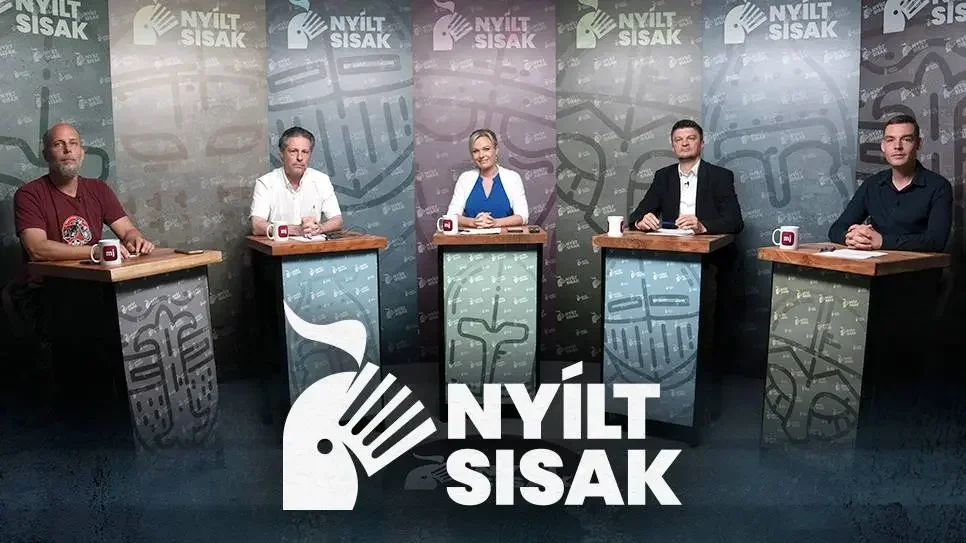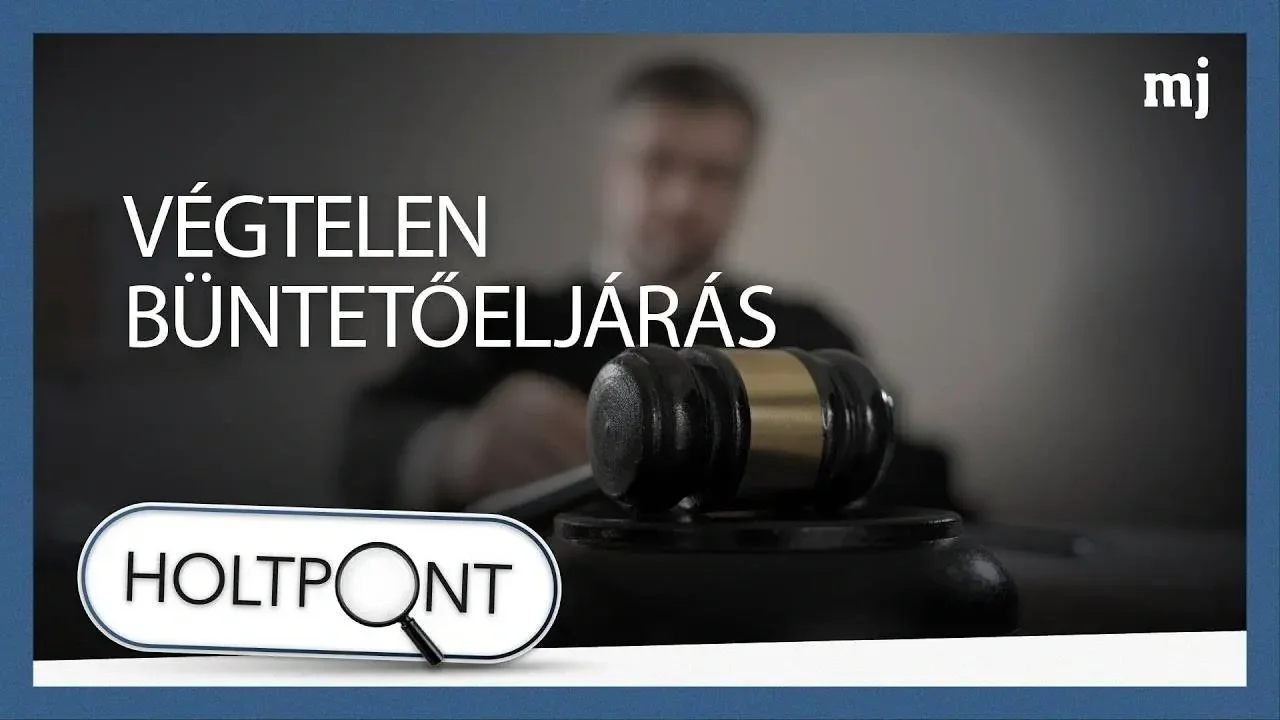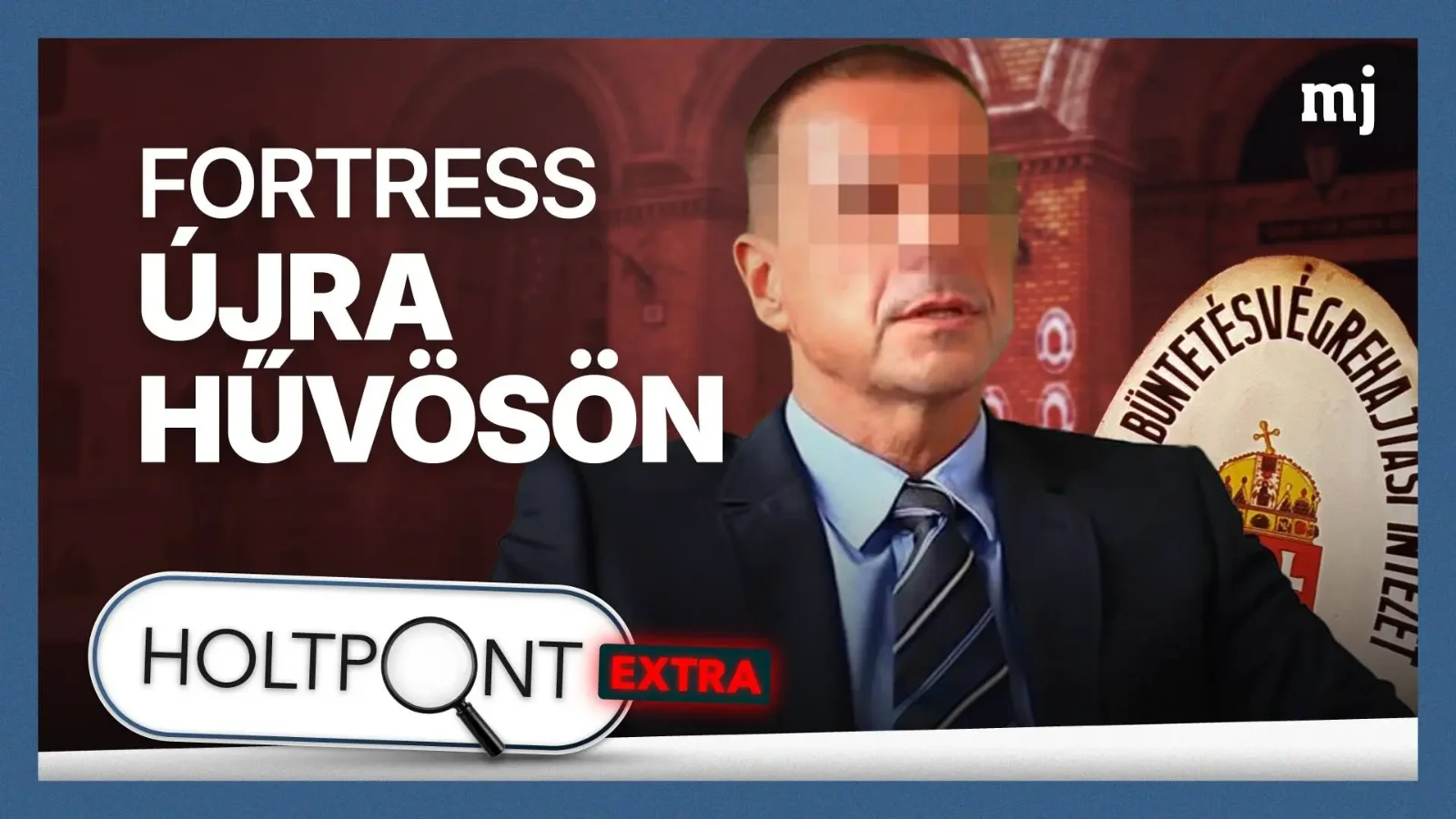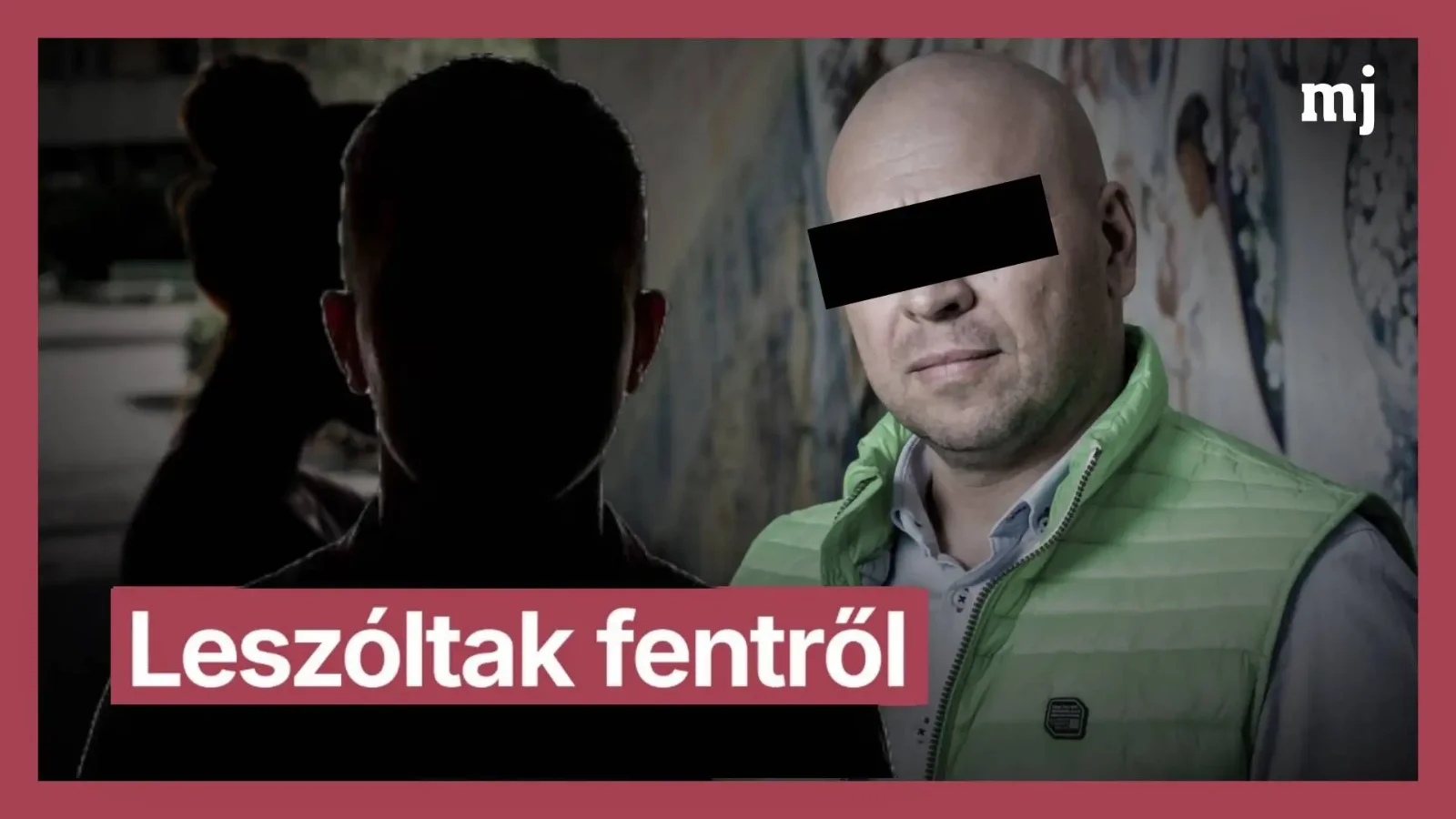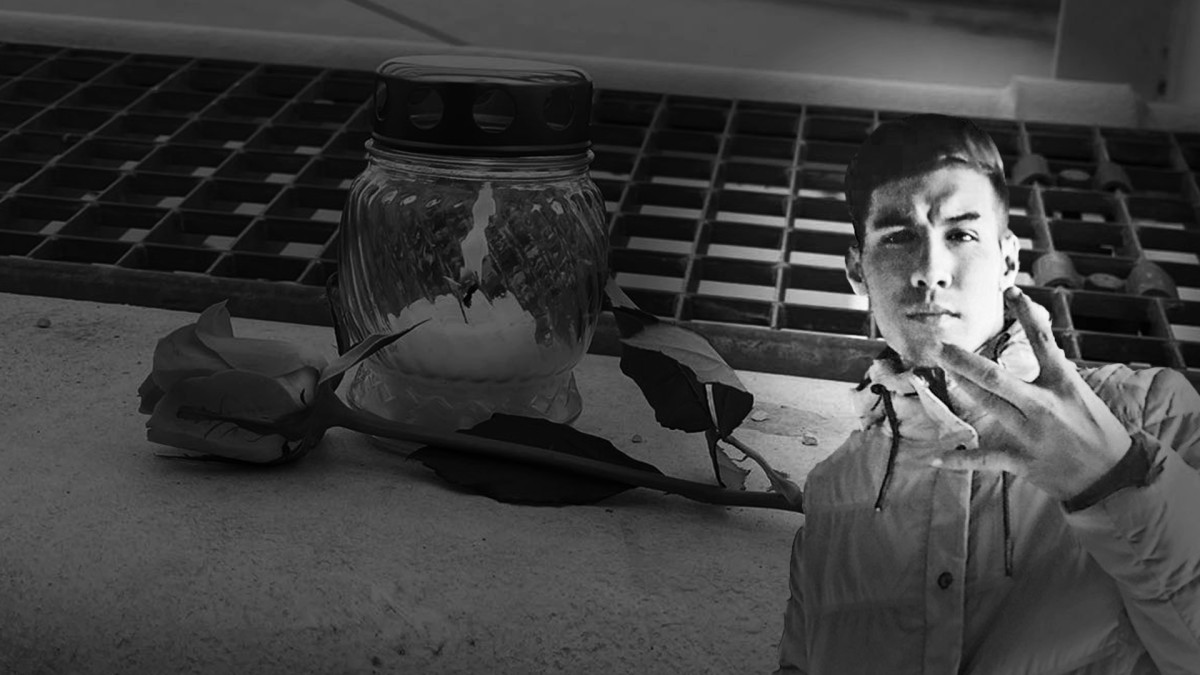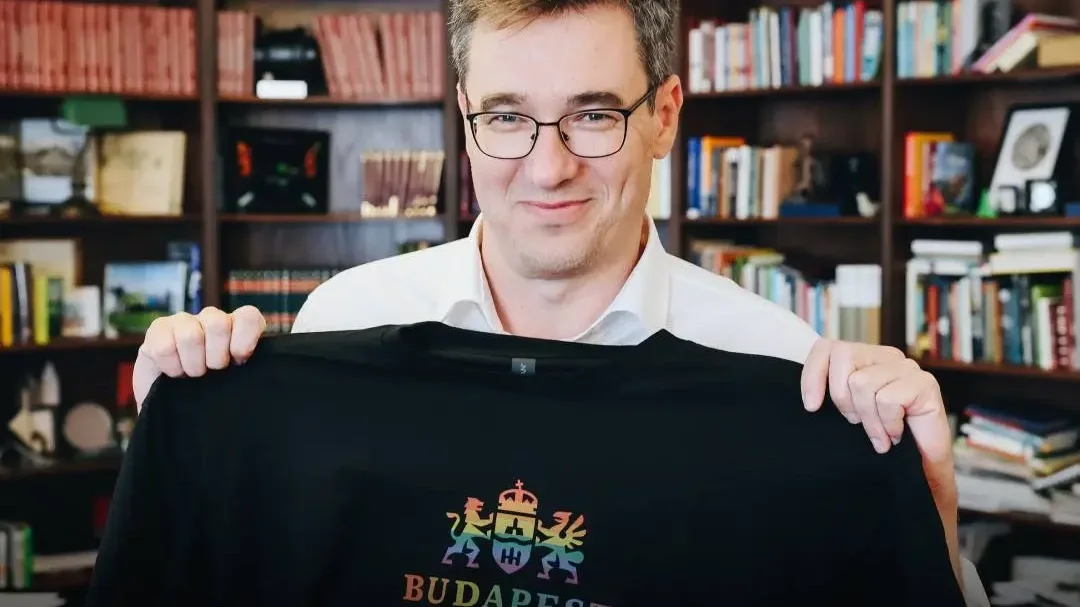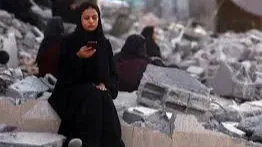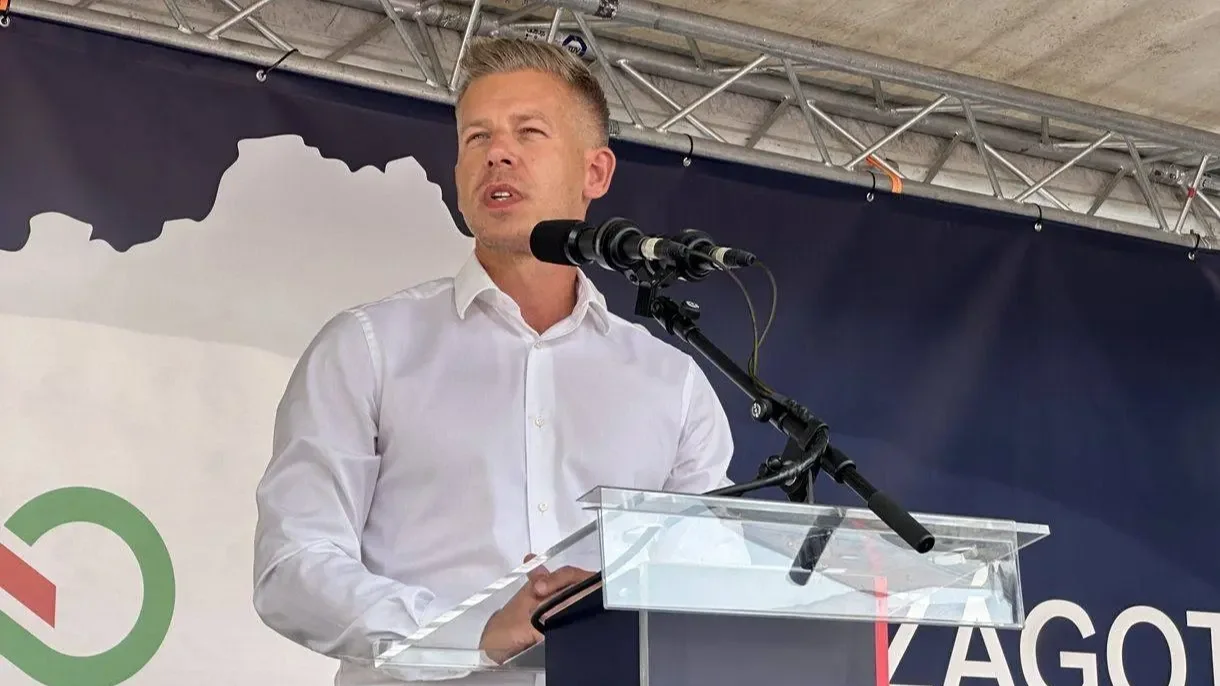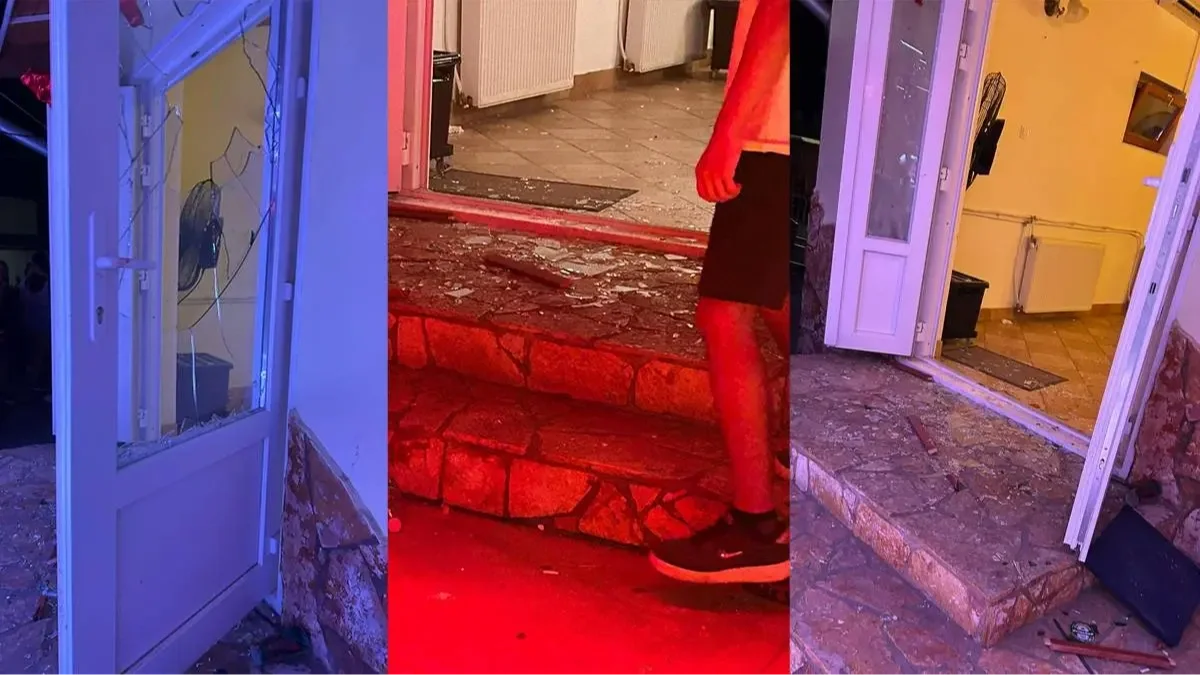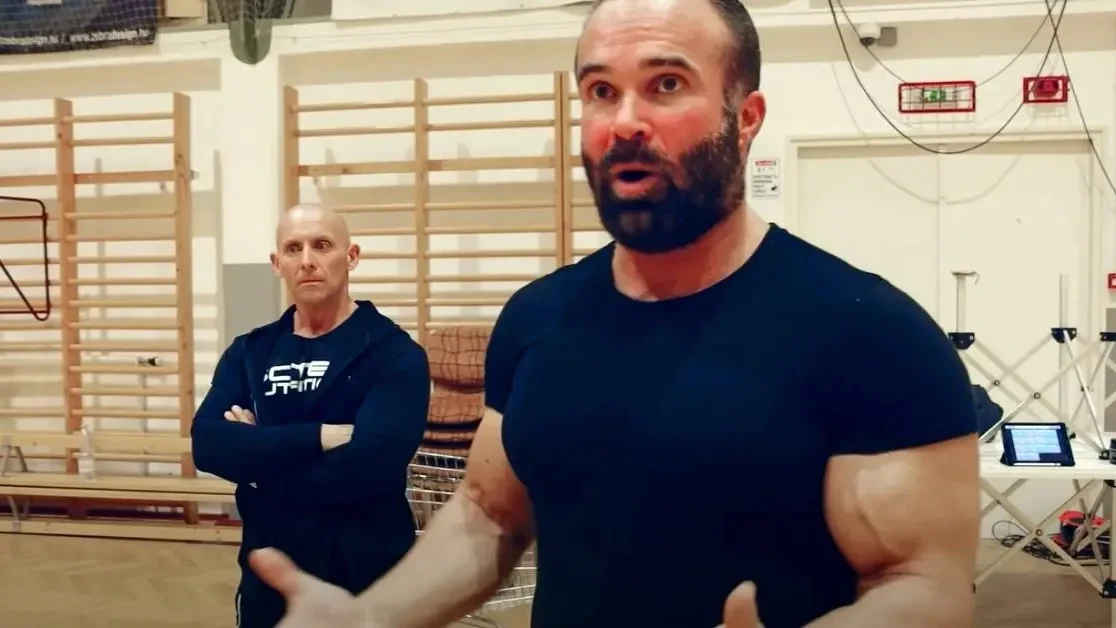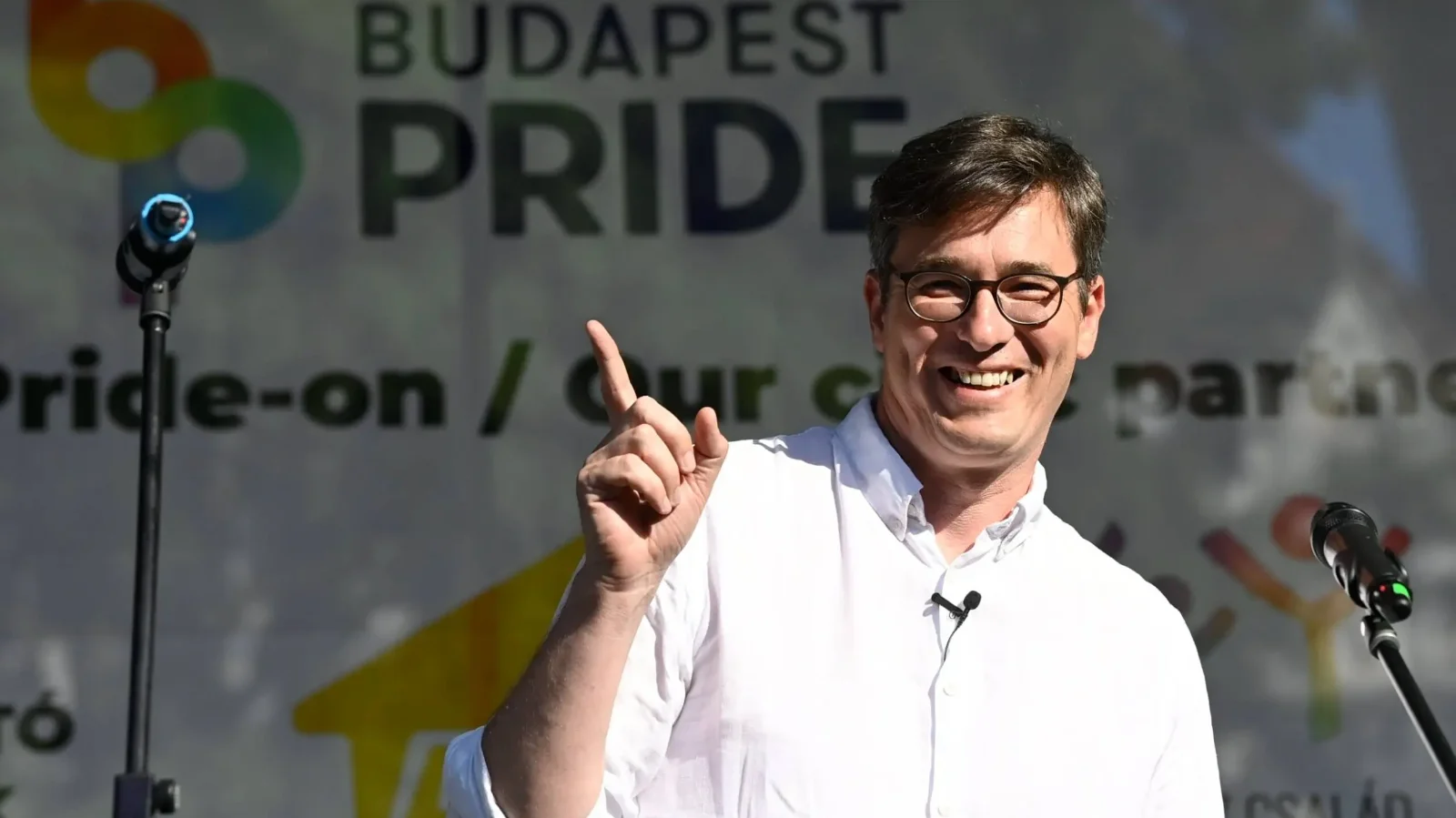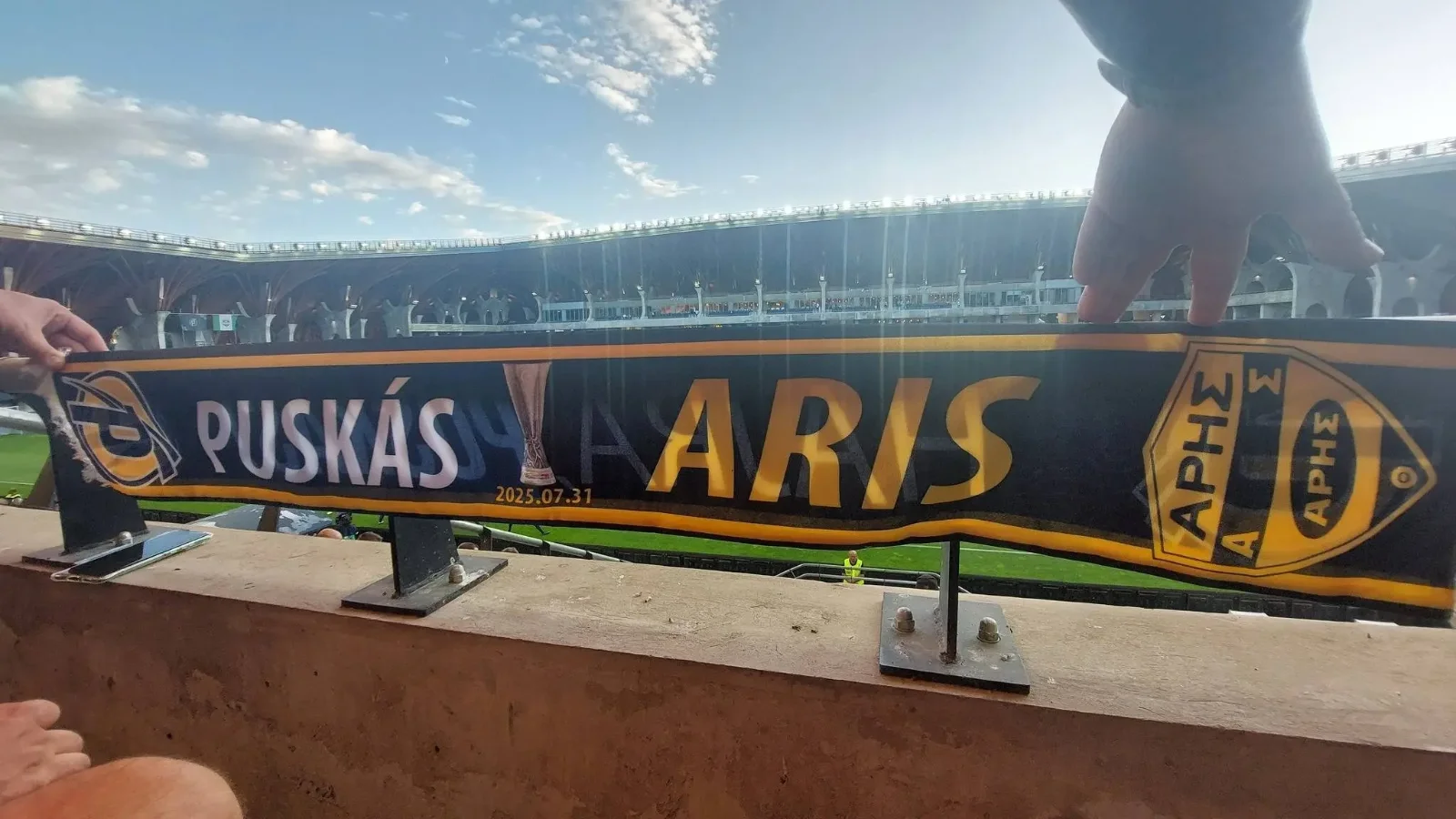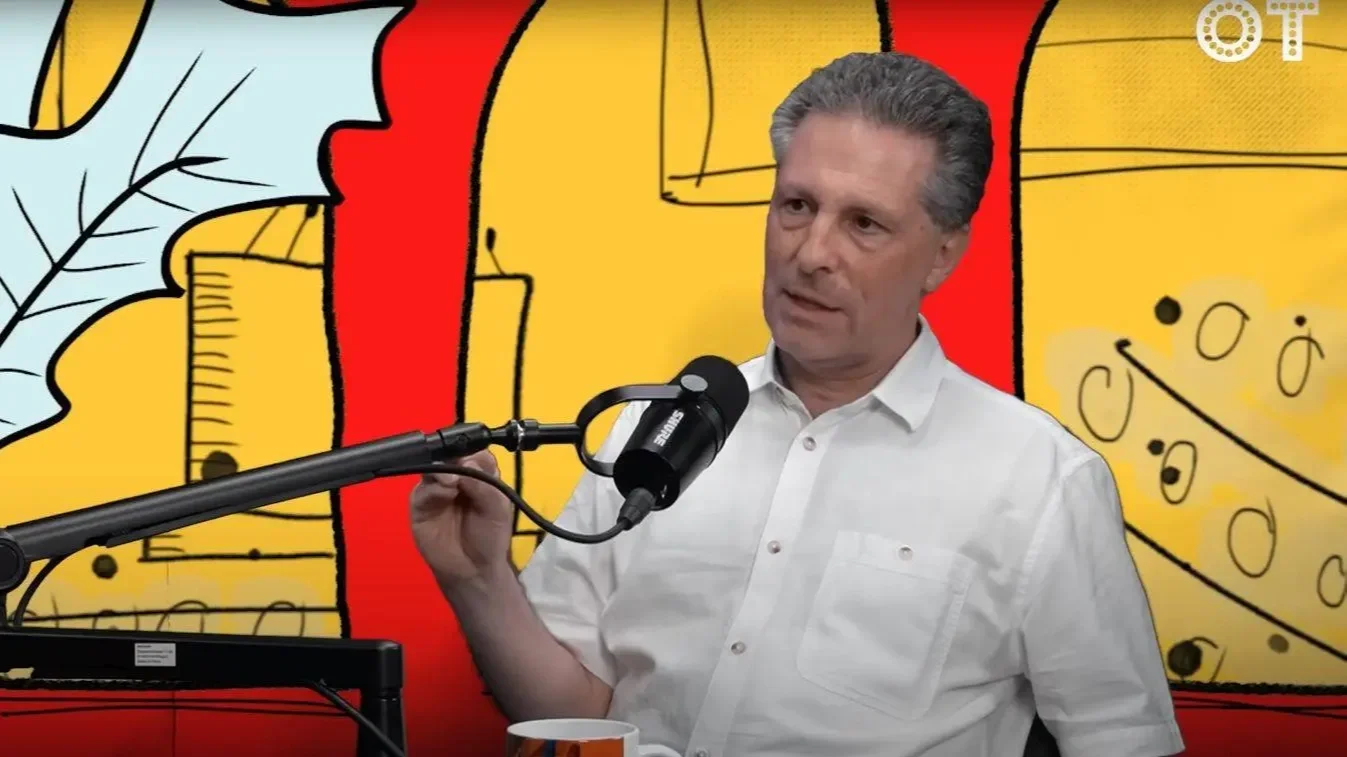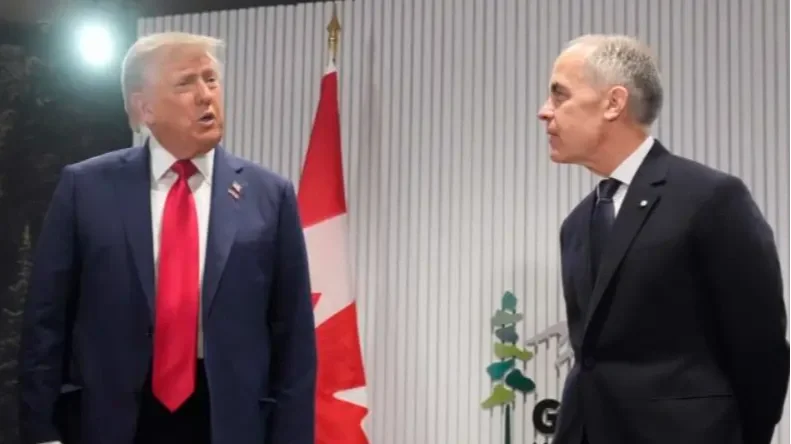The Great European Deception: What Europe's Leaders Hide Behind Their Rhetoric
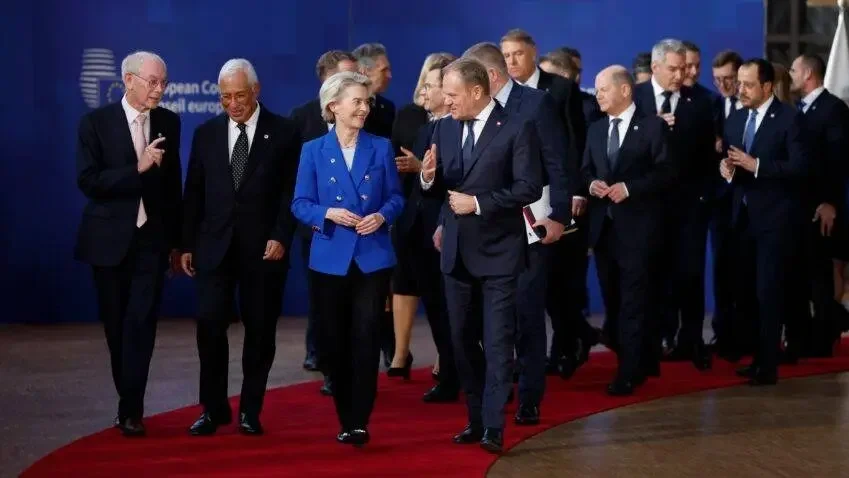 AP / Geert Vanden Wijngaert
AP / Geert Vanden Wijngaert
Europe’s lords of power proclaim democracy, human rights, and the rule of law as the hallowed fruits of our ancestral legacy. Yet their voices ring false, a gilded shroud draped over a history of treachery and rot. Beneath this polished facade festers a tale of manipulation, contradiction, and deceit—a betrayal of Europe’s soul that demands unveiling. To grasp this great deception, we must return to the crucible of "European values" and witness their corruption through the ages.
The Forge of Ideals: A Spirit Shattered
Europe's essence was not sculpted in peace but hammered out in the fires of strife—philosophical clashes, sacred ruptures, and political tempests. The Enlightenment, that treacherous beacon, promised reason's triumph yet birthed chaos, severing man from his divine roots. It hailed liberty while forging chains, its critique of tradition a blade that slashed through centuries of wisdom. From this upheaval sprang the pillars of modern rule—law, speech, secular might—but at a cost: the French Revolution, a blood-soaked distortion of Europe's legal, economic, and spiritual frame.
This schism left a gaping wound. Traditionalists mourn the loss of God's tether, replaced by the hollow idol of individualism. Archbishop Marcel Lefebvre, steward of the Society of Saint Pius X (FSSPX), decried the Second Vatican Council (1962-65) as a surrender to secular tides, its spiritual purity sinking into the swamp of compromise. Wiltgen's "The Rhine Flows into the Tiber" (1966) exposes how the Council's reforms endangered the Church's moral authority, its spiritual clarity obscured by the life-denying forces of modernity.
Yet, in this forge of ideals, not all was lost to the flames. Amidst the wreckage of severed ties and shattered altars, fragments of our true essence endured—unyielding truths, timeless traditions, and values that bind us to our forebears.
To condemn all in a fit of rage would be to lose ourselves in the darkness surrounding the faint light. Instead, we must embrace an honest reckoning with our past, sifting through the ashes to reclaim what is ours. For there are those who lurk in the shadows, weaving webs of deceit to twist our heritage into chains of control. They are the puppet masters of power, cloaked in the guise of enlightenment, seeking to bend our identity to their Machiavellian designs. Let us not be their pawns, but sentinels of our sacred flame, ever vigilant against their insidious grasp.
The Post-War Exile: A Soul Suppressed
From the ruins of World War II emerged a Europe stripped bare. The victors, obsessed with purging fascism’s shadow, banished all right-wing thought, leaving a husk of conservatism too timid to defy the liberal creed. Thus, the true right was cast into the wilderness, and the stage was set for a barren clash—communism versus capitalism, twin idols blind to Europe’s spirit.
Both reduce man to a cog: communism with its iron yoke of equality, capitalism with its fleeting mirage of freedom. Neither feeds the soul's hunger for meaning or binds men in sacred trust. Roberto de Mattei, in "The Second Vatican Council: An Unwritten Story" (2010), unveils a Church ensnared in this hollow duel, its voice stifled, its eternal purpose eroded by materialist forces from both sides.
The Church’s Cry: A Bastion Besieged
The Catholic Church, once Europe's beating heart, now teeters on the edge of oblivion. Traditionalists, theologians, and Hungarian patriots call for its resurgence—a fortress against the secular deluge. Michael Matt, in "The Rise of the Catholic Right" (The Remnant, 2020), demands a "militant Catholicism" to defy the godless tide. Cardinal Robert Sarah, in "The Day Is Now Far Spent" (2019), warns, "the West no longer knows what it is," its Christian roots torn asunder. Patrick Buchanan's "The Death of the West" (2002) ties the Church's wavering on migration and family to a civilization's twilight.
Julius Evola ("Revolt Against the Modern World," 1934) and Thomas Molnar ("Authority and Its Enemies," 1995) decry modernity's scorn for spiritual heights, urging the Church to reclaim its ancient might. Alain de Benoist, in "On Being a Pagan" (2004), seeks a broader return to Europe's organic cultural roots, viewing the Church as a key thread in this fabric.
Hungary’s Defiance: A Flame Rekindled
Amid the ruin, Hungary's Mi Hazánk Mozgalom shines as a hopeful torch against the darkness. Established in 2018, the party's creed is Christian and nationalist, rejecting foreign influence, committed to preserving Hungarian traditions and strengthening our national identity. The Virradat Program (the party's official electoral platform) spurns EU tyranny, championing a Europe of sovereign, proud nations. Demanding self-determination, offering self-sufficiency and solidarity, it protects family, purpose, and tradition—a true revolt against the globalist darkness.
The True Right: A Vision Unbound
What might a reborn right demand? Leaders unshackled by postwar lies would wield authority for the common good, exalting faith, nation, tradition, family, and community over rootless individualism. They would think in tangible local structures instead of anarchistic globalist delusions. Economically, corporatism or distributism would lift communities above corporate greed. Politically, a resolute state would shield sovereignty from communism's renewed grip and capitalism's drift. Joseph Pearce's "Small is Still Beautiful" (2006) envisions an order serving the hearth, not the market—in our case, a harmony of faith, right, and Hungarian self-interest.
The Elite’s Treachery: Power’s Mask Unveiled
Europe’s elites are no mere fools—they are traitors, weaving a web of dominion over duty. The European Union, once a promise of peace, now looms as a technocratic behemoth, its decrees serving a narrow circle rather than the continent at large. From Bulgaria’s Vazrazhdane to Poland’s Konfederacja, from France’s Reconquête to Germany’s AfD and Hungary’s Mi Hazánk, the people’s call underscores a divide that appears irreparable, separating the European "elite" from the enduring needs of Europe’s nations. László Toroczkai’s defiance unmasks the contradiction, challenging the very fabric of this disconnect. Roger Scruton ("England and the Need for Nations," 2004) and Pope Benedict XVI ("Europe: Today and Tomorrow," 2007) have long urged a return to cultural and spiritual fire, imploring Europe to rediscover its soul.
The Hollow Empire: A Continent Gutted
The chasm between elite words and deeds has birthed a husk—a Europe stripped of its very strength and essence. Christophe Buffin de Chosal's "The End of Democracy" (2017) exposes Brussels' machinations, such as the 2015 migration quotas and the 2024 Digital Identity Wallet Project, tightening the noose on what remains of personal freedom. Economically, the EU devours: Joseph Pearce's "Small is Still Beautiful" (2006) and Roberto de Mattei's works unveil a machine enriching the few, the Common Agricultural Policy and Green Deal crushing the meek. Security fades—Frontex stumbles, Paris and Malmö bleed, Germany's arms rust. Jean Madiran's "The Heresy of Democracy" (2012) foresaw this void.
Culturally, the betrayal cuts deepest. Cardinal Sarah's "The Day Is Now Far Spent" (2019) mourns an abandoned faith, Michael Matt's "The Collapse of Christian Europe" (The Remnant, March 2025) condemns the EU's war against community. A sterile elite mocks the past, leaving Europe prey to ruin.
The Reckoning: A Soul Reclaimed
Europe's salvation lies not in lamentation but in purging these self-styled "elite" vandals. Leaders who honor Christian foundations and national traditions—not as mere slogans but as living flames—can still reclaim what is lost. Without this, Europe faces not merely decline but erasure, its glory snuffed by those who swore to protect it. The hour has come and demands resolute action: cast out the traitors or watch the light fade forever.
“News is sacred, opinion is free.” The views expressed in this article are those of the author and do not necessarily reflect the views of Magyar Jelen or its affiliates.
References:
Wiltgen, Ralph M. The Rhine Flows into the Tiber. 1966.
de Mattei, Roberto. The Second Vatican Council: An Unwritten Story. 2010.
Matt, Michael. “The Rise of the Catholic Right.” The Remnant, 2020.
Sarah, Cardinal Robert. The Day Is Now Far Spent. 2019.
Buchanan, Patrick. The Death of the West. 2002.
Evola, Julius. Revolt Against the Modern World. 1934.
Molnar, Thomas. Authority and Its Enemies. 1995.
de Benoist, Alain. On Being a Pagan. 2004.
Pearce, Joseph. Small is Still Beautiful. 2006.
Scruton, Roger. England and the Need for Nations. 2004.
Pope Benedict XVI. Europe: Today and Tomorrow. 2007.
Buffin de Chosal, Christophe. The End of Democracy. 2017.
Madiran, Jean. The Heresy of Democracy. 2012.
Matt, Michael. “The Collapse of Christian Europe.” The Remnant, March 2025.
Toroczkai, László. "Sovereignty Under Siege," Mi Hazánk Rally (Budapest, April 2025).
Mi a munkánkkal háláljuk meg a megtisztelő figyelmüket és támogatásukat. A Magyarjelen.hu (Magyar Jelen) sem a kormánytól, sem a balliberális, nyíltan globalista ellenzéktől nem függ, ezért mindkét oldalról őszintén tud írni, hírt közölni, oknyomozni, igazságot feltárni.
Támogatás

